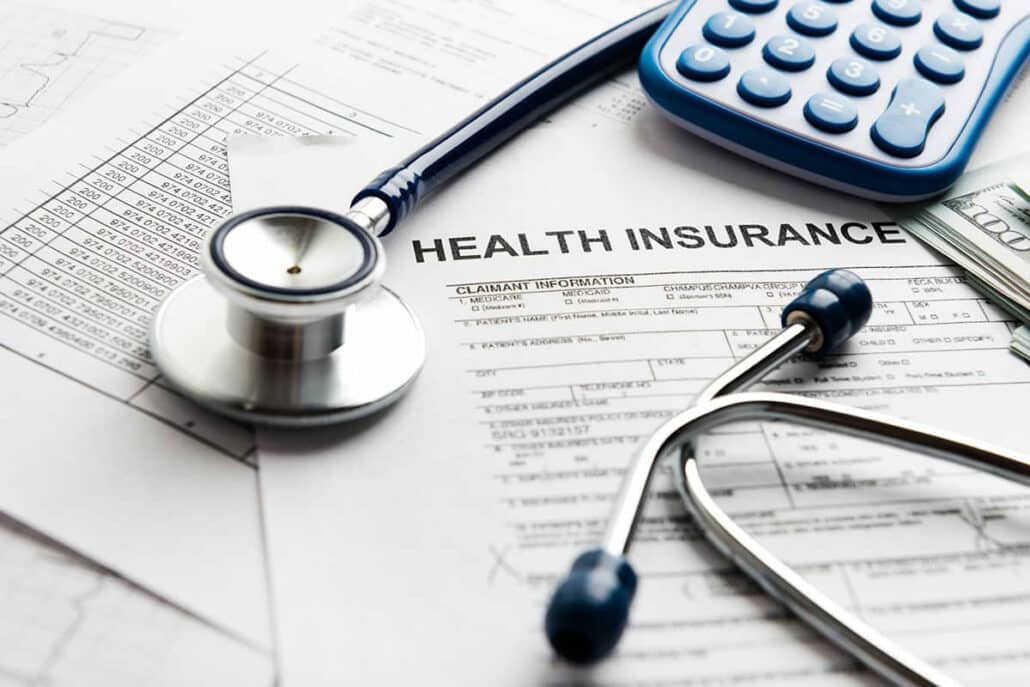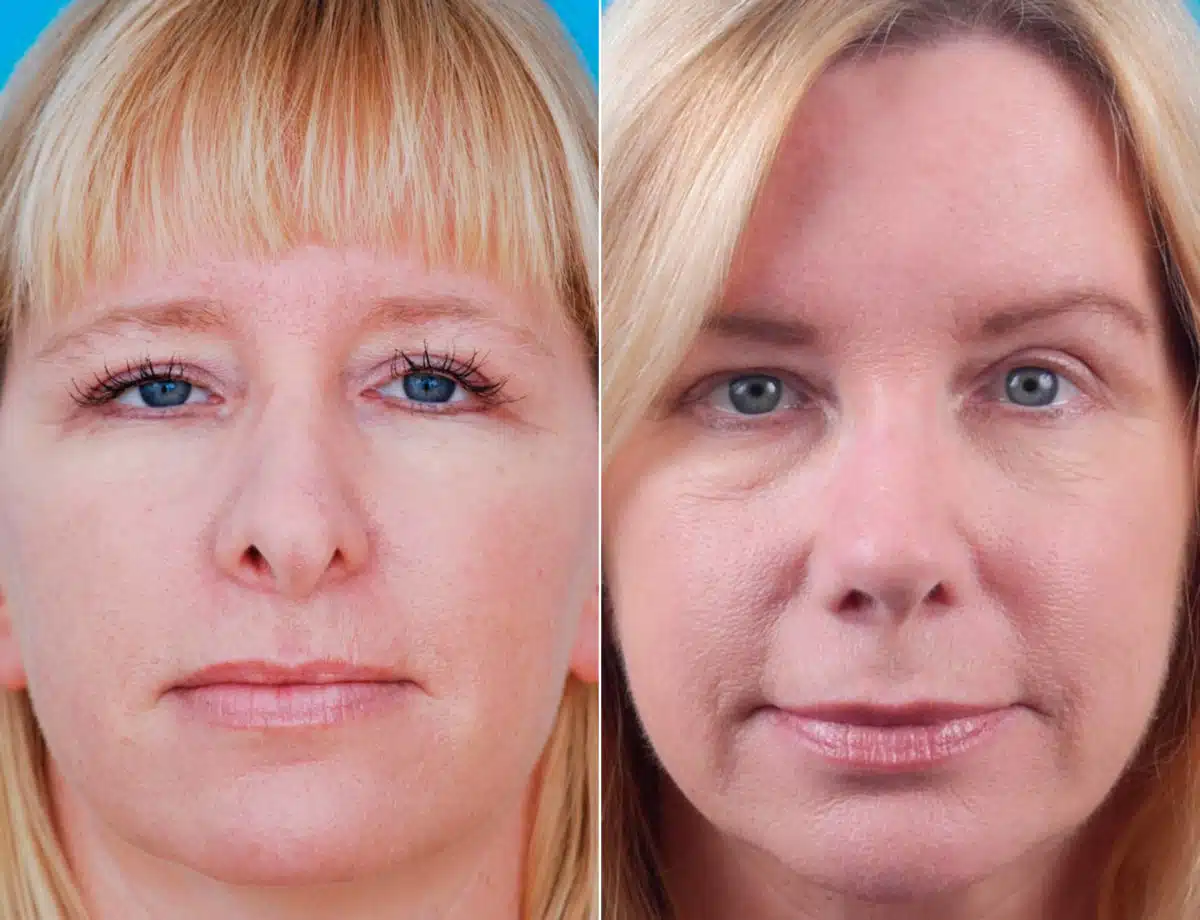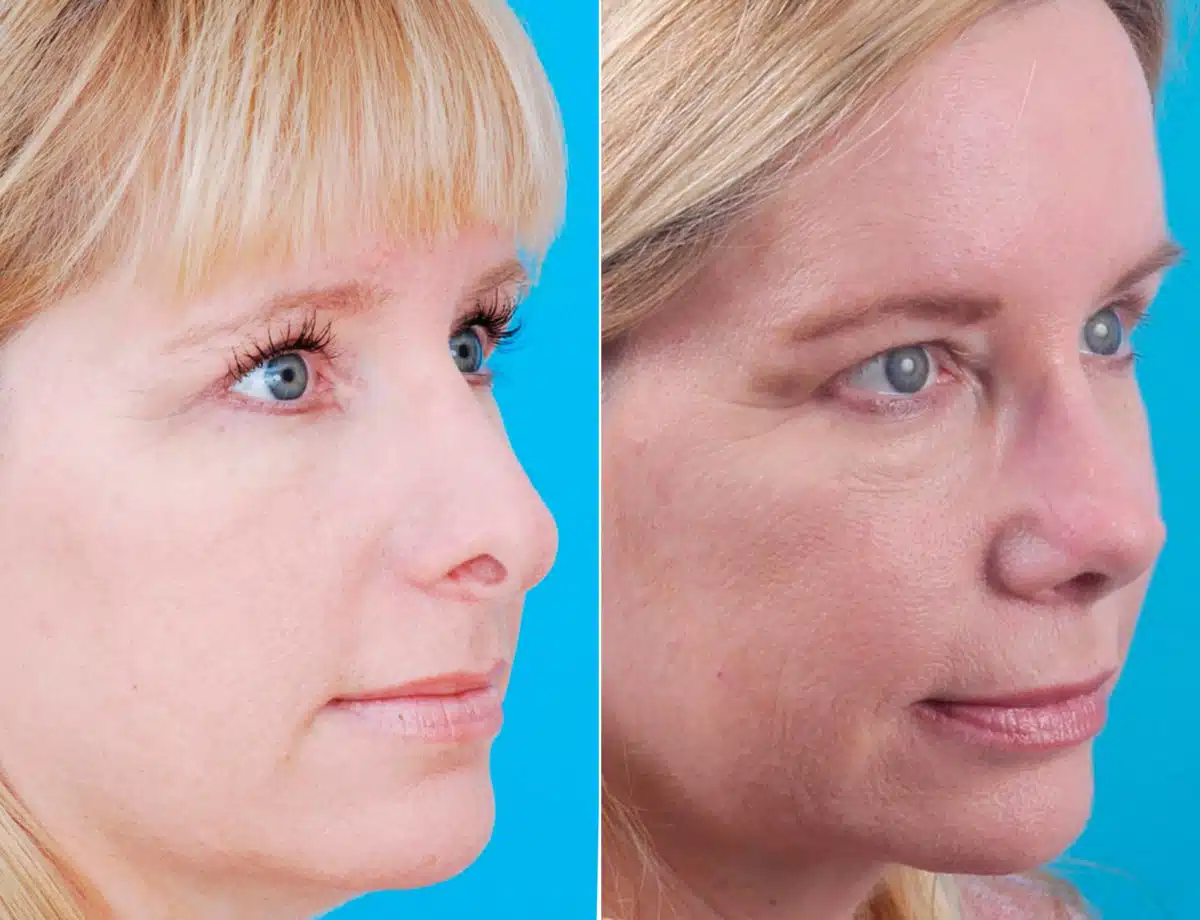What’s the Average Cost of Rhinoplasty?

Have you ever dreamed of achieving a nose that perfectly complements your features, only to wonder how much it would cost to make that dream a reality? Rhinoplasty, one of the most sought-after cosmetic procedures in the world, has the power to transform not just appearances but also confidence levels.
Choosing to undergo rhinoplasty is a big decision, and understanding the financial commitment is a crucial part of the journey. Whether you’re considering a subtle refinement or a more significant reshaping, having a clear picture of the costs involved is the first step toward making an informed choice.
How Much Does Rhinoplasty Cost in the USA?
On average, rhinoplasty costs about $11,000 in the United States. However, the price can vary significantly, ranging from as low as $4,000 to as much as $22,000. Several factors influence these numbers, from expected ones like the location of the practice and the surgeon’s level of expertise to less obvious expenses such as recovery supplements and aftercare needs. Understanding these variables helps prospective patients prepare not just financially, but also mentally for their surgical journey.
Main Factors That Affect the Total Cost of Rhinoplasty
While the average cost of any nasal surgery provides a general benchmark, the actual price you may pay can vary widely based on a number of important factors. These go beyond just the basics and reflect the personalized nature of the procedure itself. From the specific surgical technique used to where your surgery takes place, each element plays a role in shaping the final cost.
Type of Rhinoplasty Surgery
The type and rhinoplasty technique you undergo has a significant impact on the overall cost. Open rhinoplasty, which provides the surgeon with greater visibility and precision, typically costs more than closed rhinoplasty due to its complexity and longer surgical time. Revision rhinoplasty, often needed to correct issues from a previous surgery, is generally the most expensive than primary rhinoplasty because it demands advanced skill and careful handling of scar tissue and structural challenges.
Complexity of the Procedure
No two rhinoplasty cases are exactly alike, and the complexity of the procedure plays a major role in determining the price. Even if two rhinoplasty patients undergo the same type of surgery—whether open, closed, or revision—the one with more intricate structural issues, prior trauma, or asymmetries will typically incur higher costs. More complex cases require longer operating times, more advanced planning, and often greater technical precision, all of which contribute to a higher overall fee.
Location of the Surgery
Where you choose to have your rhinoplasty can significantly affect the price. Major metropolitan areas—especially those known for medical tourism or cosmetic surgery, like New York City or Los Angeles—tend to have higher average costs due to increased demand and higher overhead. In contrast, smaller cities or regions may offer more affordable pricing, though the surgeon’s reputation and facility standards still play a role.
Plastic Surgeon’s Experience
A surgeon’s experience and credentials are often directly reflected in their pricing. Highly experienced surgeons, particularly those who specialize in rhinoplasty and are recognized for their results, tend to charge more for their services. Board certification, academic affiliations, and a history of successful procedures can all contribute to higher costs—but also to greater peace of mind. Choosing a seasoned professional means investing in skill, precision, and a lower risk of complications or revision surgery.
Surgical Facility Fees
Rhinoplasty performed in accredited surgical centers or private clinics may come with added facility fees. These cover essential aspects like operating room usage, sterilization, nursing staff, and post-operative care. High-end facilities with advanced technology and greater comfort levels tend to charge more, while standard clinics may offer more cost-effective options. Always confirm whether this fee is included in your overall quote.
Anesthesia Fees
Anesthesia is a critical part of any rhinoplasty procedure and is generally billed separately. The cost varies based on the type of anesthesia used—local anesthesia with sedation or general anesthesia—and the anesthesiologist’s experience. In more complex surgeries, the fee may be higher due to the extended time under sedation. It’s important to confirm whether this is included in the initial price quote or listed as a separate item.
Rhinoplasty Surgery’s Potential Additional Costs
In addition to the main surgical expenses, there are a few other costs that patients should keep in mind. These additional fees may not be obvious at first, but they can make a difference when budgeting for your procedure.
Recovery Time
The recovery phase after rhinoplasty often comes with indirect costs that are easy to overlook. Time off from work, follow-up visits, medications, and specialized supplies like cold compresses or nasal sprays can add up quickly. In some cases, patients may also choose to invest in lymphatic drainage treatments or other services to speed healing. While not always mandatory, these expenses can impact your overall budget and should be factored into your planning.
Rhinoplasty Consultation
Plastic surgery consultation fees are another potential cost to keep in mind when planning for a nose job. While some rhinoplasty surgeons offer free initial consultations, many charge a fee for this appointment, which can vary widely between practices. These fees often reflect the surgeon’s expertise and the time spent assessing your goals and medical history. Though it may seem like a minor expense, it’s one more item to consider in your overall budget.
Complementary Procedures
While not required, it’s not uncommon for patients to pair rhinoplasty with another procedure to achieve more comprehensive results. For example, combining rhinoplasty with chin augmentation is a popular option that can enhance facial balance. Though this approach saves on anesthesia and facility costs in the long run, the upfront price is higher. Planning these surgical procedures together requires careful coordination but can be more cost-efficient than spacing them out individually.
Secure Your Safe Treatment Experience with Dr. Daniel G. Becker.
Join our satisfied clients who’ve experienced safe, effective treatments.
Average Cost of Traditional Rhinoplasty vs Non-surgical Rhinoplasty
While traditional rhinoplasty averages around $11,000, nonsurgical rhinoplasty—commonly called liquid rhinoplasty—cost significantly less, averaging about $1,200 and ranging from $500 to $2,850. This price difference is due to the use of injectable fillers rather than surgery, which eliminates facility, anesthesia, and recovery costs.
Liquid rhinoplasty can be an excellent option for patients seeking a temporary enhancement or trying out a new look before committing to surgery. However, because liquid rhinoplasty results typically last only 6 to 18 months, traditional surgical alternatives remain the better long-term investment for those seeking permanent structural changes.
Does Health Insurance Cover Rhinoplasty Procedures?
Most rhinoplasty procedures are considered elective cosmetic surgeries, which means they are typically not covered by health insurance. However, there are exceptions. When the surgery is medically necessary, such as to correct breathing difficulties, structural defects, or trauma-related issues, it may qualify as a functional rhinoplasty or septoplasty surgery. In these cases, insurance providers may cover part or all of the costs involved, especially if proper documentation and medical justification are provided.

Schedule a Consultation with a Nose Surgery Specialist
Choosing a skilled and experienced surgeon is crucial when considering rhinoplasty. The procedure is as much an art as it is a science, and selecting a specialist who can blend functional needs with aesthetic goals ensures the best possible outcome. Beyond the immediate cosmetic improvements, a qualified expert can safeguard your long-term nasal health and breathing function.
At the Becker Rhinoplasty Center, Dr. Daniel Becker leads with unparalleled expertise. As a Clinical Professor at the University of Pennsylvania, author of four surgical textbooks, and a surgeon with over 100 scientific publications, Dr. Becker has earned consistent recognition as a “Top Doctor.” His dedication to natural-looking results and patient-focused care makes him the premier choice for rhinoplasty in New Jersey. Ready to take the next step? Call us today at 856-772-1617 or 856-589-6673, or visit our contact page to schedule your consultation.

